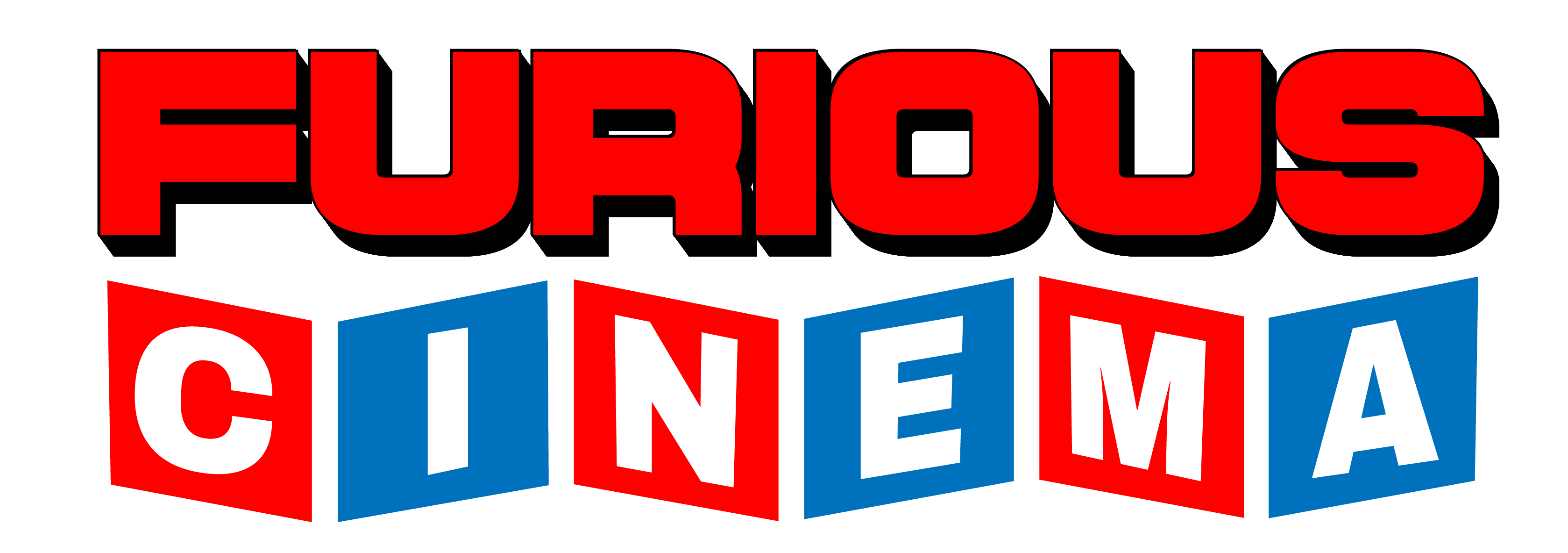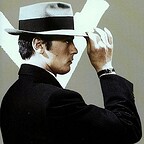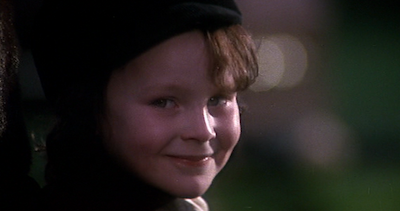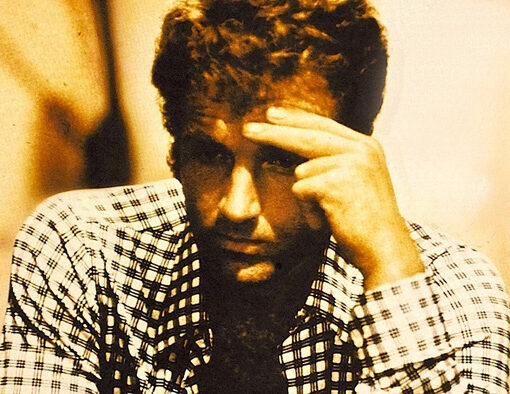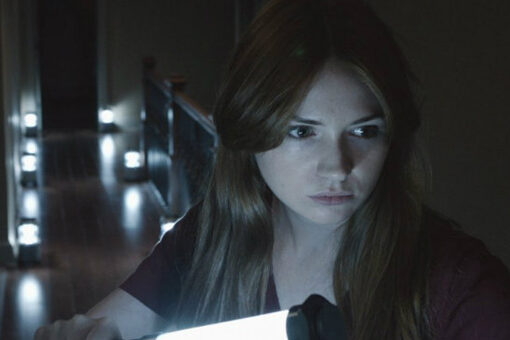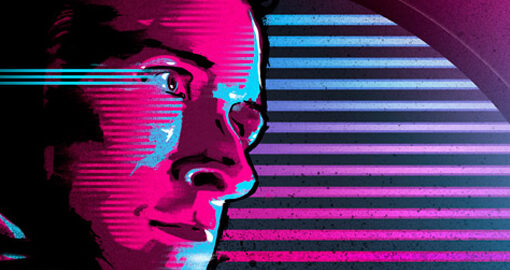Tom at the Farm is a Canadian psychological thriller directed Xavier Dolan which won the FIPRESCI prize at the 2013 Venice Film Festival.
Tom (Xavier Dolan), a young advertising copywriter, mourns over his late boyfriend, Guillaume, who died recently in shady circumstances. He arrives at the farm of his boyfriend’s mother Sara (Evelyne Brochu) and brother Francis (Pierre-Yves Cardinal). Once it turns out that the mother did not know anything about the true sexual orientation of the deceased, homophobic Francis embroils Tom into a seedy cat-and-mouse relationship…

“Dolan’s directional smugness and ubiquitous self-indulgence thoroughly thwart the movie in its aspirations”
Xavier Dolan’s Tom at the Farm is an artistically austere and psychologically ambiguous opus whose frugal exposition and abstemious palette of colours imbue the film’s panorama with a sensation of emotional sterility. Whilst some people might find this work somewhat gratifying in terms of style, to my way of thinking, Tom at the Farm implicates little reward, minimal dose of suspense, which invariably comes to ‘boo’ scares, and frequently fails to exceed its pretentiousness entailed by immensely opaque characters as well as the vapid and contrived conceit of the protagonist’s metamorphosis in the latter stage of the flick. Meandering rampantly, the plot generally gravitates around the theme of homophobe, which is exposed through the part of persecuting Francis, and constitutes the purport of the motion picture. The further the movie ensues, the more abrasive the relationship between the two males becomes. With a sufficient amount of vigour and narrative amplification, the venture could be enlivened in no time at all, yet Dolan’s narcissistic attitude asap deprives the material of some sort of exhilaration and instead, compels his viewer to witness repetitive discords of both men and watch Dolan filmed in slow motion during the intermissions between these dissensions. But for the scanty characterisation and arbitrary characters, the film might have functioned much better, but it ultimately comes to virtually no conclusion whatsoever, jilting the audience in the midst of maze constructed from unresolved questions and ambiguous occurrences.

These factors might be expounded as useful in distilling tension into the flick and compounding the sentiment of anxiety and paranoia, notwithstanding, the upshot is more perplexing than compelling, forasmuch as one gets to know very little about the people who appear on the screen and therefore, one may hit a snag whilst endeavouring to identify with Tom who is smashingly akin to the residue of the cast in his inscrutability. In its pinnacle, the pic accomplishes in being intriguing, taking us into deranging corn fields and squalid confined spaces at the farm, but it shall not suffice particularly for those unaffected by the motion picture’s suspenseful instants which despite being appropriately staged, seem to be at a loss for some kind of refinement and spontaneity. So as to startle its audience, Dolan slightly upends the narrative continuity by sporadically abruptly shifting to the ensuing sequences and as a epiphenomenon, some moments might consign a portion of trepidation, yet as I see it, the effect proves everything but Hitchcockian in its tactlessness – Hitchcock’s movies have three-dimensional characters in the first place, unlike the Dolan’s ensemble. Last but not least, Tom’s transmogrifying personality and eerie fascination with his oppressor appears questionable, if not utterly nonsensical and his transitional view that “life in the country is real” sounds more like an unconvincing semblance than a substantial psychological clarification. Nevertheless, bearing in mind that the creation and its characters are quite nebulously delineated, one may overlook this aspect.

Xavier Dolan is neat as Tom. His timorous demeanour towards officious Francis, spryly impersonated by Pierre-Yves Cardinal, deftly cooperates with his hipster appearance seemingly indicating debonairness and dandyism. I deem the performance by Evelyne Brochu (the mother of Guillaume) the most noteworthy vis-à-vis the remainder of actors, inasmuch as she proficiently exhibits extreme sentiments and genuinely feels like a person verging on lunacy and bottomless dysphoria.

Being preponderated by grey and blue hues, the generally extolled cinematography by Andre Turpin pleases in terms of aesthetics, but I wish I could eulogise more over the visual content of this flick. My main problem is that Dolan rarely takes the camera where it seems to be suited for. However, there is particularly one auspicious moment – the instant Tom and Francis dance together in a garage lambently irradiated by the aureate beams of dusk. Gabriel Yared conveys a sparing string score which contains more tension than the work in its entirety.

Tom at the Farm constitutes for me one of the most ludicrously overrated films which I have seen recently. Yes, it succeeds in being intriguing, but being intriguing is not a counterpart of high quality. Dolan’s directional smugness and ubiquitous self-indulgence thoroughly thwart the movie in its aspirations, if there are such. Fans of high-brow art-house affairs might check this effort out, but you’d better be braced for the piece not as imposing as it is hailed to be. Let’s hope that his upcoming film Mommy is going to be superior to its predecessor.
Verdict: 4/10 stars – mediocre
